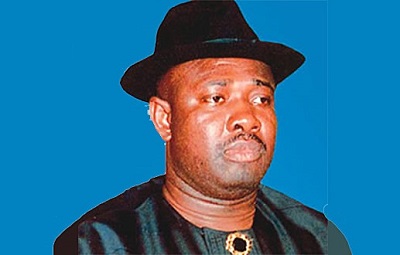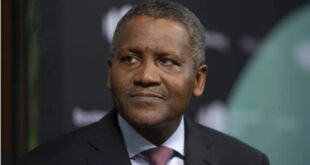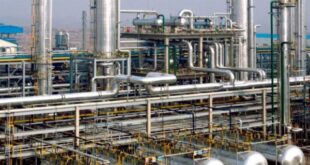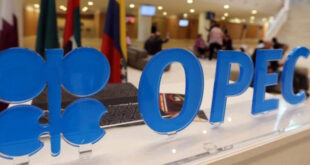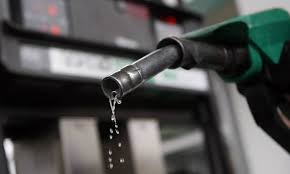 The delay in paying subsidy monies owed to petroleum products importing and marketing firms, has hit their half year earnings.
The delay in paying subsidy monies owed to petroleum products importing and marketing firms, has hit their half year earnings.
It was reported this month that the total fuel subsidy debt owed by Nigeria to importers of petroleum products had swelled to N314 billion.

The payment delays have been caused by the poor fiscal condition of government and the continued dispute between the authorities and marketers over arrears.
The fall in the marketer’s revenues was due to the recent strike, and refusal to import refined products till a confirmation of subsidy payments, according to Esho Temilade, an Oil and Gas analyst with Renaissance capital.

“I think the way forward is to deregulate the sector. So petroleum products can sell at a free market. Other developing countries such as Indonesia and Malaysia have recently deregulated the sector due to tight federal revenue squeeze which Nigeria is facing now,” Temilade said in response to questions.

The supply of PMS which is the major revenue driver of most firms was extremely inadequate in the first half of the year.
Forte Oil’s profit in the six months through June fell by 19.25 percent to N2.53 billion from N3.13 billion the previous year. Sales dipped 23.23 percent to N61.61 billion.
Mobil Oil’s profit for the six months to June, plummeted by 10 percent to N1.20 billion as against N1.33 billion a year earlier. Revenue dropped by 25 percent to N31.82 billion.
Total profit for the six months through June shrank by 10 percent to N1.96 billion, compared with N2.17 billion last year. Sales dipped by 7 percent to N111. 97 billion.
MRS profit for the six months through June, fell by 88.88 percent to N37.60 million, from N315.43 million the previous year, as sales reduced by 21.57 percent to N36.98 billion.
Nigeria spends up to $5 billion a year on fuel subsidies.
Some industry analysts bemoaned the payment of such money over the years at the expense of the country’s huge infrastructure deficit.
They added that the money would have been invested in installing state of art facilities for the health and education sector.
In Indonesia for instance, nine out of 11 deregulated policies occur especially in the oil and gas sector, while only two in the mineral and coal sector.
“The impacts of these payments are not being felt by the common man in the rural areas who uses a bicycle. Removal of subsidy will benefit the common man if invested in Agric. This will lead to more job creation,’’ said Jaiyeola.
Given the unclear and lack of policy direction on the part of the new administration and poor FG fiscal condition, most marketers may continue to be wary of importing fuel.
Analysts at First Bank Capital, however see neutral prognosis for the sector as the importation of petroleum products picked up in the third quarter of 2015.
“Going forward into H2, we believe the topline is likely to remain soft given the unrelenting petroleum product shortage in the country, said Uwadiae Osadiaye, analysts at FBN Capital in a recent note.
“The fuel scarcity which lasted four months has abated, “said Osadiaye.
 MMS PLUS NG – Maritime, Aviation, Business, Oil and Gas News Online Newspaper with coverage in Maritime, Oil and Gas, Aviation, Power and Energy as well as Financial News
MMS PLUS NG – Maritime, Aviation, Business, Oil and Gas News Online Newspaper with coverage in Maritime, Oil and Gas, Aviation, Power and Energy as well as Financial News



